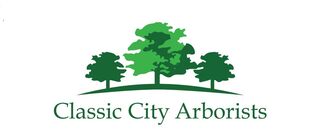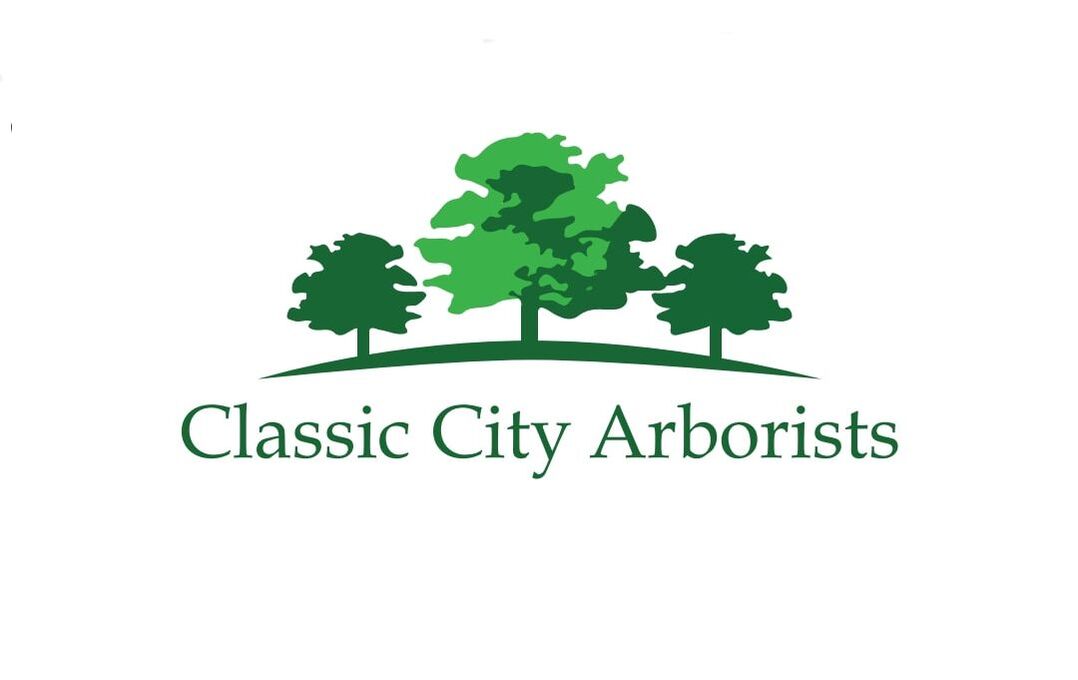|
News and Blog Articles
|
|
You’ve probably heard at some point in your life that if you’re feeling down, you just need to go outside and get some sunshine. Take a walk and look at some green things, and you’ll feel better. And while such a nature prescription can’t cure things like depression or anxiety, and can’t make the stresses and worries in your life disappear, there is actually a reason why this idea exists. Humans have always, on some level, been aware of our need for nature. We’ve been domesticating plant species to keep them in our homes for over 11,000 years, long before we were aware of the science behind why that made us feel good. Studies have shown time and time again the health benefits of exposure to nature. In the short-term, spending time in proximity to trees can reduce feelings of anger and aggression, reduce stress, and boost mood. Though we aren’t yet sure why, the visual intake of flora is linked to the integrity of the amygdala (the part of your brain responsible for emotions, motivation, and stress management). Spending time outside also increases your oxygen consumption (since you’re around where all the oxygen comes from), which in turn improves your blood circulation. Better blood circulation means a clearer mind and raised energy levels, and is also linked to improved mood. So “getting some fresh air” is actually a really, really good idea if you’re feeling overwhelmed in the moment. As a bonus, better blood circulation can help lower your blood pressure. In fact, nature is used in a wide range of professions as a method of improving health. Patients in hospitals with views of trees and other plants from their room’s window are more likely to require less pain medication and experience less complications than those without, and their overall recovery time is notably shorter. Incorporating trees and shrubs into school buildings (along with direct exposure to nature outside) has shown increased test scores, improved graduation rates, and decreased likelihood and severity of “criminal” behavior. Offices with a respectable amount of indoor plants see a reduction in their employees’ stress levels, as well as better concentration, motivation, and efficiency. All of these short-term benefits can compound in the long-term, even if we aren’t consciously seeking out exposure to nature. Urban green spaces are known to increase a community’s sense of…well…community. A park is open to people regardless of cultural and social group, and mingling with people both inside and outside your personal circle is vital to combatting loneliness. These short-term benefits, like stress reduction, increased blood circulation, improved mood, etc all also lead to improved overall physical health over longer periods of time. In addition to an overall better general feeling, long-term increases in your encounters with nature can improve a variety of cardio-metabolic conditions. Think heart disease, stroke, diabetes, obesity, non-alcoholic fatty liver disease, and other cardiovascular diseases. But let’s talk about trees specifically. Because sure, all nature is good, but there’s just something about trees that humans really, really like. Adults in neighborhoods with 30% tree canopy coverage have a 31% lower chance of developing psychological destress, and a 33% lower chance of reporting their general health as “fair” over “good.” These results could not be replicated in neighborhoods with 30% coverage of other types of greenery, like grassy fields or bushes lining the sidewalks. In fact, people in neighborhoods with more grassy areas than areas inhabited by trees actually reported poorer health than even those surrounded by just concrete. In cities, an increase of just 11 trees per city block showed significant improvement to the risk factors for cardio-metabolic conditions across the population. The benefits of increasing inner-city tree numbers actually seem to outweigh the benefits of just putting more trees in your backyard—having private access to trees is still linked to sizeable health benefits, but there’s apparently just something about having trees downtown that is really, really good for us. There are multiple theories on why trees, specifically, have such an impact on us. The shade provided by trees offers protection from heat and reduces the overall temperature of an area. Though some of us might be more warm-weather inclined, on the whole, humans tend to function better when not overheated. Tree canopies also create a physical sense of protection, which may, on an instinctual level, allow us to relax more. Trees produce larger quantities of oxygen than their smaller plant counterparts, and are often more capable of clearing toxins and pollutants from the air due to the larger surface area across all their leaves. There might also be something to the shape of trees. The straight up-and-down growth pattern of trees is visually pleasing (as opposed to, say, a mess of tangled vines). Humans, on average, tend to prefer order to disorder. Trees also offer a pleasing mix of colors, with a range of browns and greys in their trunks, and a wide variety of greens, yellows, oranges, reds, and purples in their leaves. If you’re experiencing feelings of depression or hopelessness, struggling with anxiety, or are having thoughts of self-harm or suicide, you aren’t alone. While spending time outside might be able to offer you some relief, please know that help is waiting for you, and seeking help is not a sign of weakness. Take a look at these resources, or call the National Suicide Prevention Lifeline at 1-800-273-8255. You can also chat with Lifeline representatives online. AuthorEmily Casuccio is sister and sister-in-law to Rebekah and Scott Rushing, and has over half a decade of experience in copywriting, copyediting, proofreading, and developmental storyboarding. She's worked with both published and undiscovered authors on both fiction and nonfiction, and takes pride in supporting local businesses. Her passion lies in the written word and helping authors of all capacities realize their dreams and achieve their fullest potential. To learn more about her, read samples of her work, or contact her, visit her online portfolio. Sources: University of Exeter - Early Humans and 'Forest Islands' ASLA - Health Benefits of Nature Psychological Benefits of Walking through Forest Areas Associations Between Geographical Properties and Brain Structure Nature, Prescribed? Impacts of Trees on Mental Health Trees: An Oasis of Mental Well-Being Living Near Tress is Good for Your Health How Forests are Good for the Mind and Soul Why Trees – Not Grass – Improve Our Mental Health Urban Tress and Mental and General Health
0 Comments
Your comment will be posted after it is approved.
Leave a Reply. |
Categories
All
Archives
January 2023
|
|
23 Whatever you do, work at it with all your heart, as working for the Lord, not for human masters,
24 since you know that you will receive an inheritance from the Lord as a reward. It is the Lord Christ you are serving.
Colossians 3:23-24
24 since you know that you will receive an inheritance from the Lord as a reward. It is the Lord Christ you are serving.
Colossians 3:23-24

